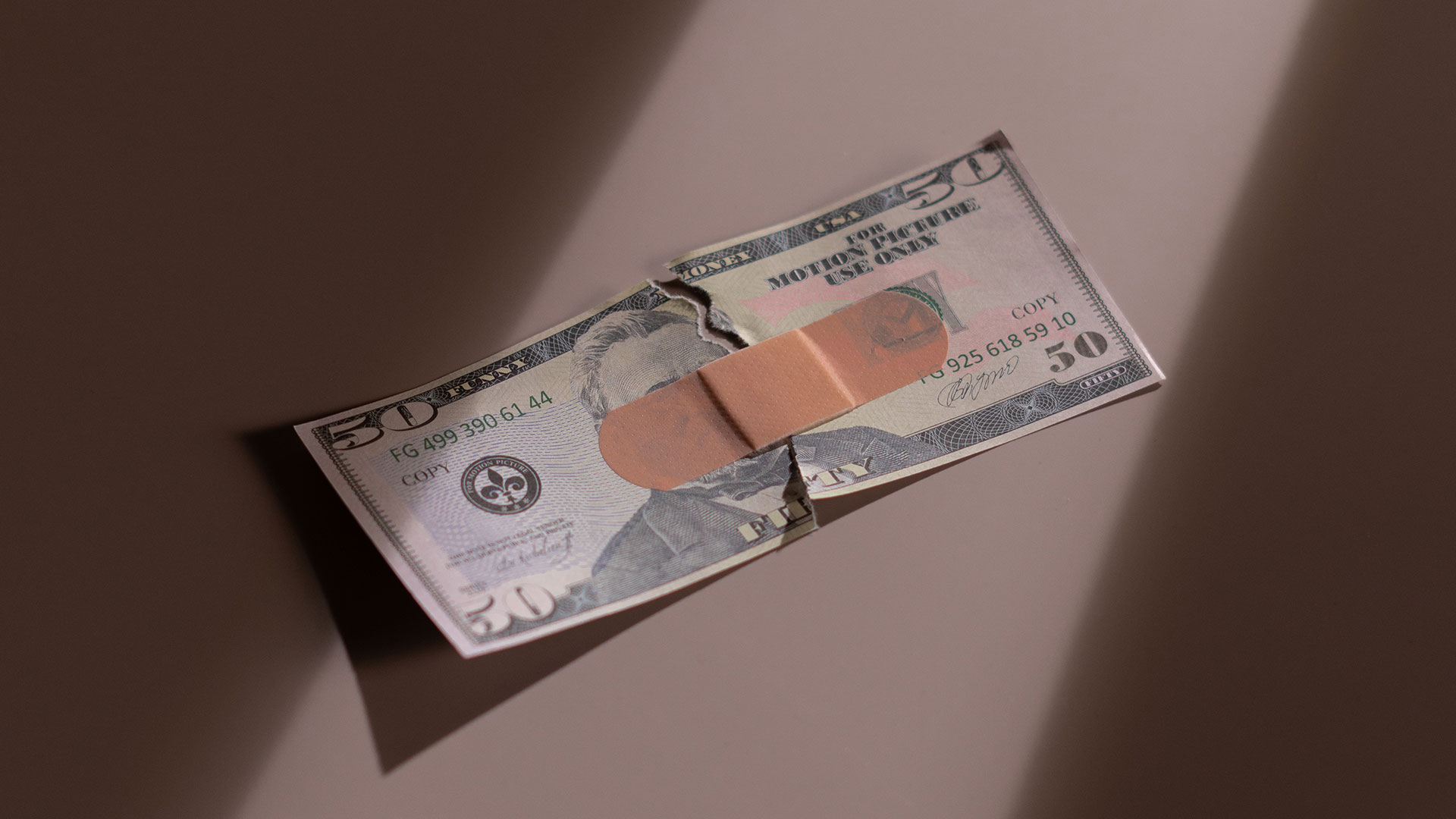By Aisling Cotter - Senior Account Manager, Union Connect
One of the things I love most about working at The Union is being surrounded by like-minded people. People who care about ads. People who care that the new brand purpose slogan for that brand translated really well into an out of home display, a TV ad or a snazzy direct mail.

Part of the fun is being able to come into the office (or the Zoom call) and know that people will be talking about the newest launch or the way that a piece of news might affect a brand or campaign. And we’re always on the lookout for these things in our own campaigns. Aware of the impact our work can have on the real world, and by extension, aware of the impact of the real world on the work we are doing. It’s a two-way street.
Recently I jumped on the Tinder Swindler hype. Wanting to be ahead of the wave and not have a Squid Game situation where, by the time I watched it, everyone else had moved onto Succession. Nightmare.
While watching it, in my normal wired tendency, I couldn’t help but relate it back to advertising questions and thoughts. I couldn’t help but see how the programme’s creation was carefully crafted and cleverly woven through marketing tips and tricks. In the same way as when I watch the Warburtons ad, I can’t help but tell my friends they’ve spent a huge amount of money on the muppets (except my friends won’t listen…).
For those who haven’t seen it but plan to watch it – go watch it now. Do yourself a favour. And then come back here when you have. For those who keep saying it’s on their list but deep down know they’ll never get around to it (the ones who haven’t even seen Cheer S2 yet, come on folks, really), [Spoiler alert!] this is a basic overview of what happens:
A series of women meet a charming, rich diamond mogul on Tinder. They date, and proceed to be devastatingly scammed out of hundreds of thousands of pounds. All because of Tinder. And a sociopathic man. But it’s made clear in the documentary that without Tinder, his exceedingly elaborate scams would not have been possible.

This whole show is about something terrible that happened specifically because of Tinder! In fact, the entire plot was facilitated by Tinder, and once the culprit could no longer use Tinder, they had to stop their current schemes and think up new crimes, ones that didn’t hinge on access to an endless supply of beautiful women. Tinder is inextricably linked to this horror story, so it must be bad for the brand, right?
BUT, the victims involved are still using Tinder. There is even a single solitary line at the end where someone says, “Tinder had nothing to do with this”. Does that absolve Tinder of all reputational risk? Does everyone hear that line and think, ah, ok, Tinder is not a hotbed of fraud, one person said seven positive words about it, I won’t think twice about using Tinder again?
I would argue ‘Tinder Svindleren’ (to use its original Norwegian name) will do wonders for the Tinder brand. As Mark Ritson will often argue, salience will win out over message time and time again. It doesn’t matter that it’s two hours of unimaginable mental torture brought on by a villain literally named for the brand. The point is, he’s NAMED for the brand. The word Tinder is said dozens of times in the documentary. Yes, us Millennials will all watch it, and get the full story, but plenty more will only see the chatter on Twitter, and scroll by it in the Netflix queue, seeing the word Tinder and no other context.

Realistically, the film isn’t telling us anything we didn’t already know was an inherent risk of online dating. There is nothing to say the scammers of Bumble, or Grindr or Hinge wouldn’t have had the same modus operandi.

Google graph of tinder searches
My bet would be that Tinder’s popularity will grow. Will we think twice about boarding a private jet on the first date? Sure. But will we think more about Tinder in general? Absolutely. In the same way my friend was inexplicably craving Crabbies after the Rugby in Murrayfield a few weeks ago, Tinder has won precious real estate in our minds, regardless of any associations with criminal activity.

Reputational damage is often a smaller risk than it seems.
Peloton is a great example of this. In the latest ‘Sex and the City’ reboot, someone “died by Peloton”. Wary brand managers would be issuing health and fitness statements, Peloton leaned into it and extended the conversation by reacting with an incredibly swiftly produced ad directly responding to the scandal, and leaning into the humour of it. In the same way as we know it’s not Peloton’s fault Mr Big couldn’t take mild cardio stress, it is not Tinders fault Simon Leviev decided to Ponzi scheme the Scandinavian glitterati.*
Are we arguing for mental availability over all else? It certainly worked for Corona beer, who against all odds saw sales spike in the first six months of the Coronavirus pandemic. Should Tinder have tried to stop the documentary to protect its share prices? Or are they living rent-free in the minds of their exact target audience?

Now that chatting around the water cooler is becoming a thing again, we shouldn’t lose the connectivity that the virtual working world brought us. Through Thunk we have the chance to have a watercooler moment with a whole network of people who enjoy (or at least don’t unsubscribe from) monthly marketing musings and viewpoints. So why confine the post-Netflix to the office walls? I started thinking about the impact this documentary could have on Tinder’s reputation and brand positioning while watching it, and looked forward to discussing it with colleagues, and now want to share it with our Thunkers. Let us know what you think at thunk@union.co.uk, or sound off in the comments.
Aisling Cotter, Senior Account Manager, Union Connect
*https://www.marketingweek.com/mark-ritson-peloton-snatched-victory/